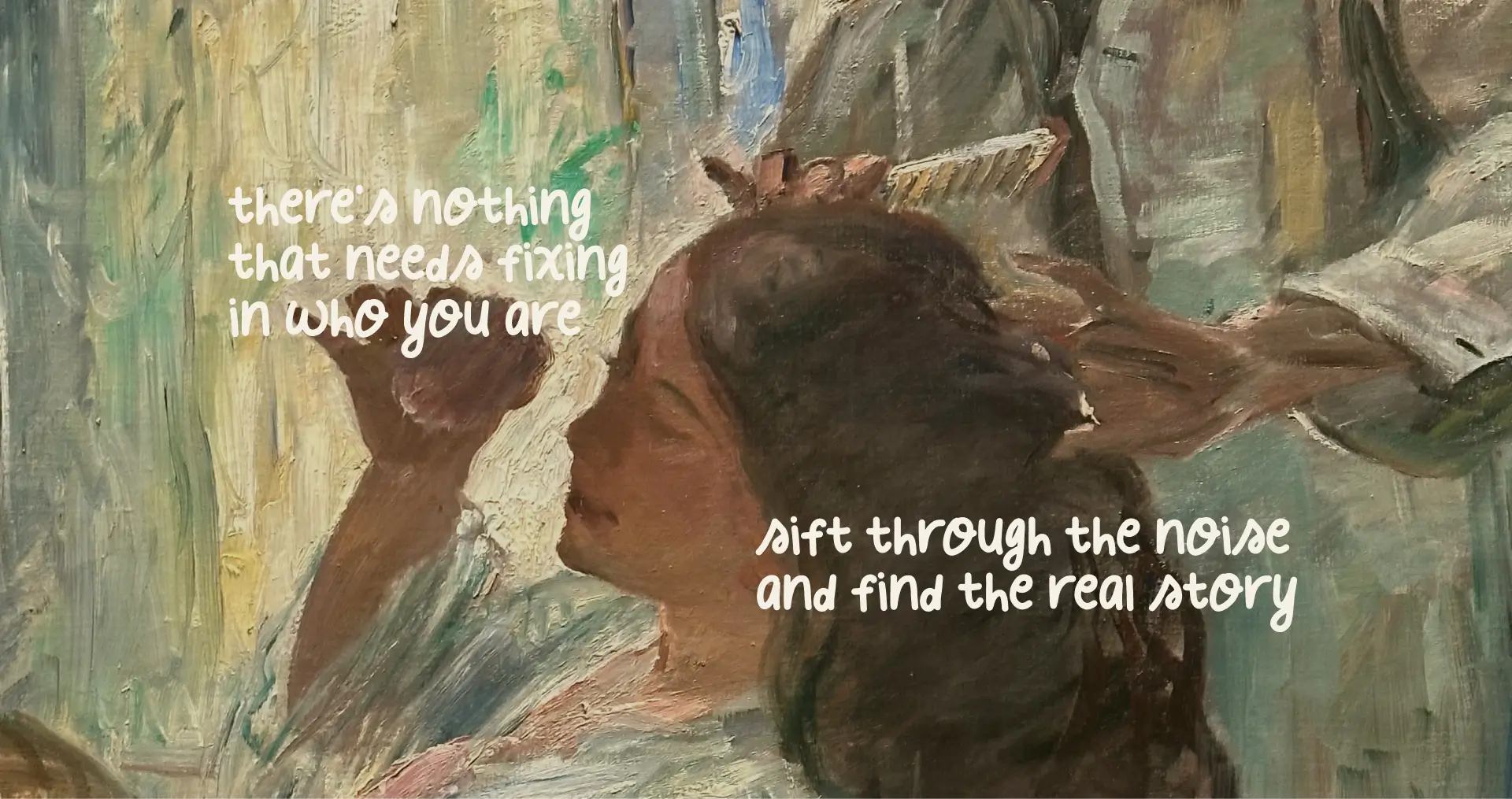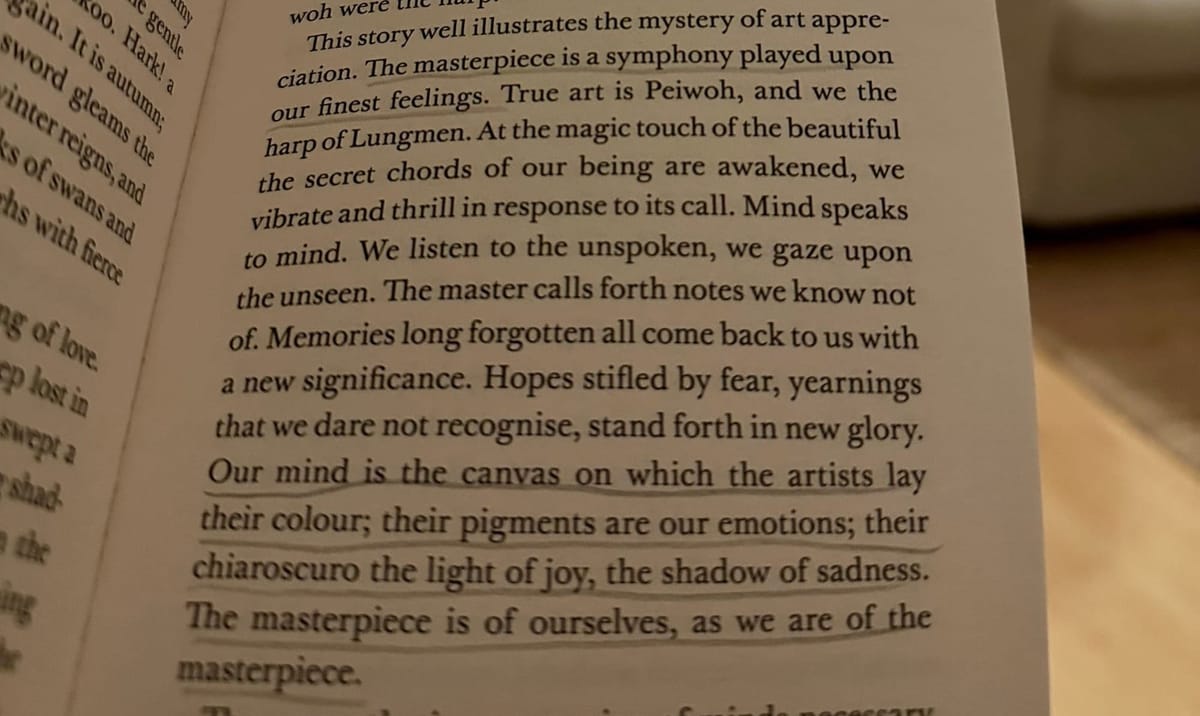These days, scrolling Twitter feed makes me feel exhausted. (Honestly, swap "Twitter" with LinkedIn or Instagram Explore, and you'll arrive at the same state.)
Because whatever post my eyes land on, all I see is advice disguised as content.
There's nothing bad with advice per se; but with the constant yelling of "do this, not that" and preaching of "secrets", I want to run away. It feels like there's always something to fix with whatever I do.
I don't blame creators and thought-leaders who share advice. These posts are sexy – and they often go viral because people crave for quick fixes. That's a fair exchange: Their tips for my attention.
Do I project whatever I'm facing onto the situations that these gurus describe? Absolutely. Because I share the frustration of the audience they are targeting. Yet, instead of feeling seen and understood, I feel like shit. Thanks for pressing on my pain points, I guess.
Our relationship goes on and thrives.
...because, like in any toxic relationship, there are two sides at play. The one who gives advice. The one who receives it.
Imagine any piece of advice as a gift.
As a giver, it's up to you to understand the context of your receiver that you give them something thoughtful, or put forward something bland and generic instead.
(Disclaimers are cumbersome, I get it. But context-less advice stirs way too many negative emotions. Think of "get up at 5am" tweets reaching parents with toddlers.)
As a receiver, it's up to you to say "thank you" and accept it, or politely decline and move on.
(To me, this is a perfect and healthy scenario in handling any content that comes your way as unsolicited advice. But when a piece of advice matches your context? Perfect, give me two.)
The thing is, I don't always have this attitude in mind. Sometimes, I'm tired and feel low because something didn't work out with my writing or the client work. I might not feel secure in what I do at that moment. It's okay, it happens. All I can do is sift through noise to find real stories of advice-givers.
Creators also don't know how I feel, my day-to-day. They cannot read my mind, nor see the lens I'm viewing my world through right now. But if they speak to me, I want to see the full picture, to hear the real story – of how they got there, what they faced, and how this advice came to be.
My wish to us all is to remember our context – and break up with unsolicited "apply to all" advice.




Comments